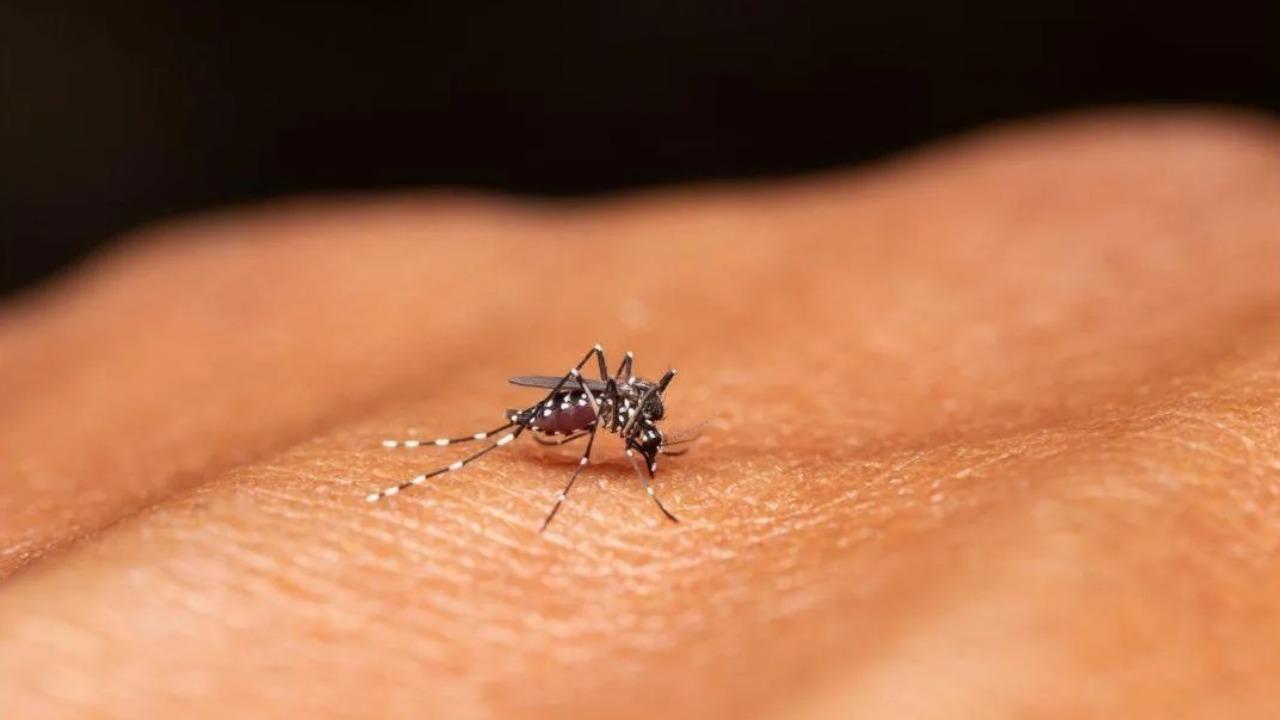The studies found that the infection caused by Chikungunya virus (CHIKV) and Ross River virus (RRV) are transmitted by mosquitoes and cause severe arthritis, muscle pain and fever

Image for representational purpose only. Photo: istock
Some therapies that are successful in treating rheumatoid arthritis (RA) may help improve treatment for people with debilitating mosquito-borne viral diseases, new research has found.
Infection caused by Chikungunya virus (CHIKV) and Ross River virus (RRV) are transmitted by mosquitoes and cause severe arthritis, muscle pain and fever.
"The disease caused by these viral infections bears several similarities with a form of auto-immune arthritis known as Rheumatoid Arthritis (RA)," said lead author Ali Zaid from Menzies Health Institute Queensland at Griffith University in Australia.
"In severe RA, patients express high levels of an immune molecule called Interleukin-17 (IL-17), which is a target of new anti-arthritis drugs," Zaid added.
In two new studies, published in the journals PLoS Pathogens and mBio, the researchers found IL-17 was also elevated during RRV and CHIKV infections.
The team analysed serum samples from CHIKV-infected patients collected during the 2019 outbreak in northern Brazil.
They found that IL-17 levels were elevated in patients with acute disease, and more so in patients with chronic disease.
"When we looked at serum samples from Ross River virus patients, levels of IL-17 were also elevated, which prompted us to ask whether this molecule was driving disease," said Helen Mostafavi, from Griffith.
Using an experimental mouse model of viral arthritis, they found that targeting IL-17 in virus-infected mice improved disease and reduced inflammation.
"This suggests that some therapies successful in treating RA could be of potential benefit to treat people with alphavirus disease," Mostafavi said.
However, the authors found that a complete lack of IL-17 was not necessarily ideal: genetically modified mice that lack IL-17 showed an increase in viral RNA in the post-acute phase of disease -- despite showing reduced inflammation.
In a separate study published in mBio, the authors investigated the role of a protein called TRIF, which cells use to "sense" viral RNA and start a strong antiviral response, which alerts neighbouring cells.
Using genetically modified mice that lack the TRIF protein, the authors found that TRIF was needed to help generate neutralising antibodies against RRV.
"These findings give new insights into how different arms of the immune response cooperate to ensure long-lasting defence against viruses like CHIKV and RRV and will pave the way into the development of new immunotherapies to treat these diseases," the researchers said.
This story has been sourced from a third party syndicated feed, agencies. Mid-day accepts no responsibility or liability for its dependability, trustworthiness, reliability and data of the text. Mid-day management/mid-day.com reserves the sole right to alter, delete or remove (without notice) the content in its absolute discretion for any reason whatsoever.
 Subscribe today by clicking the link and stay updated with the latest news!" Click here!
Subscribe today by clicking the link and stay updated with the latest news!" Click here!










